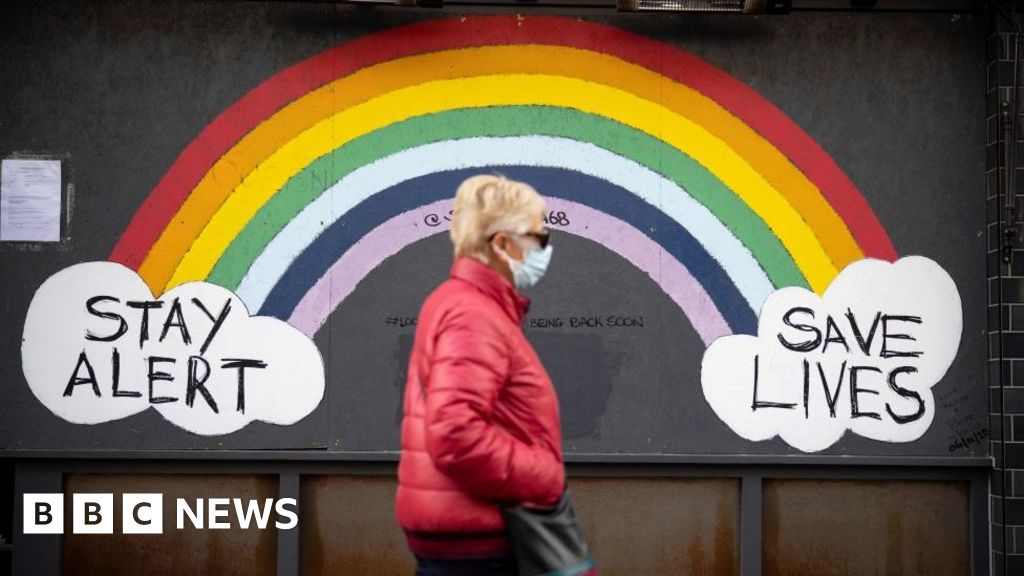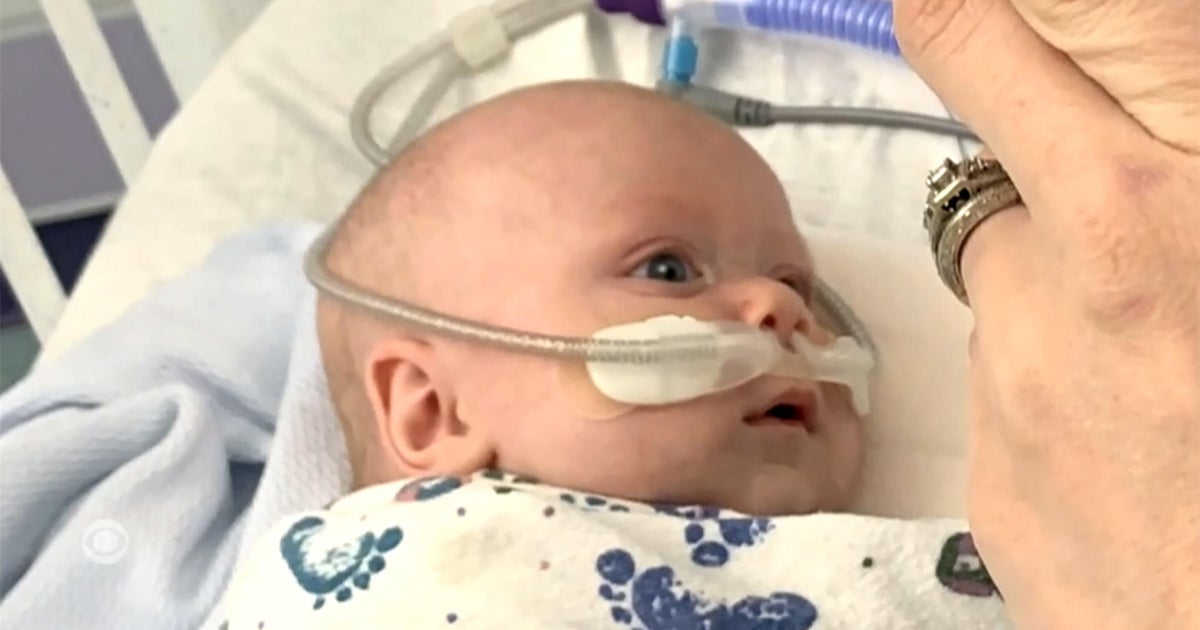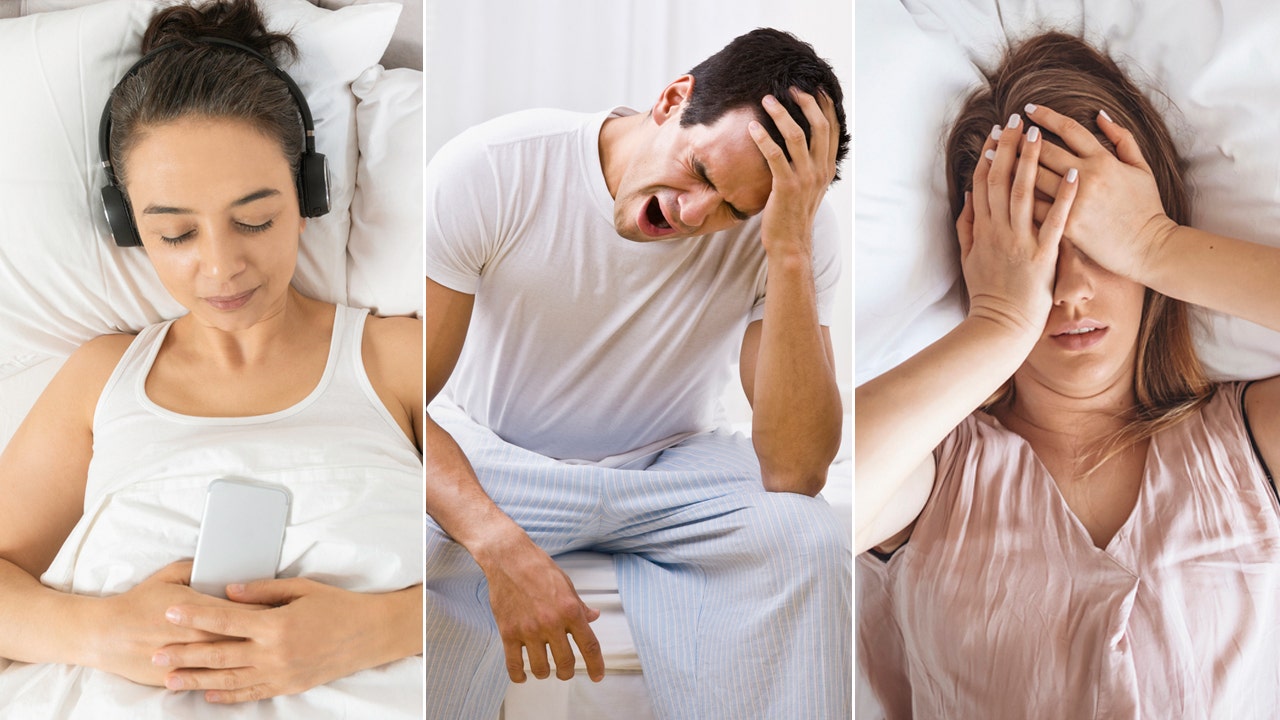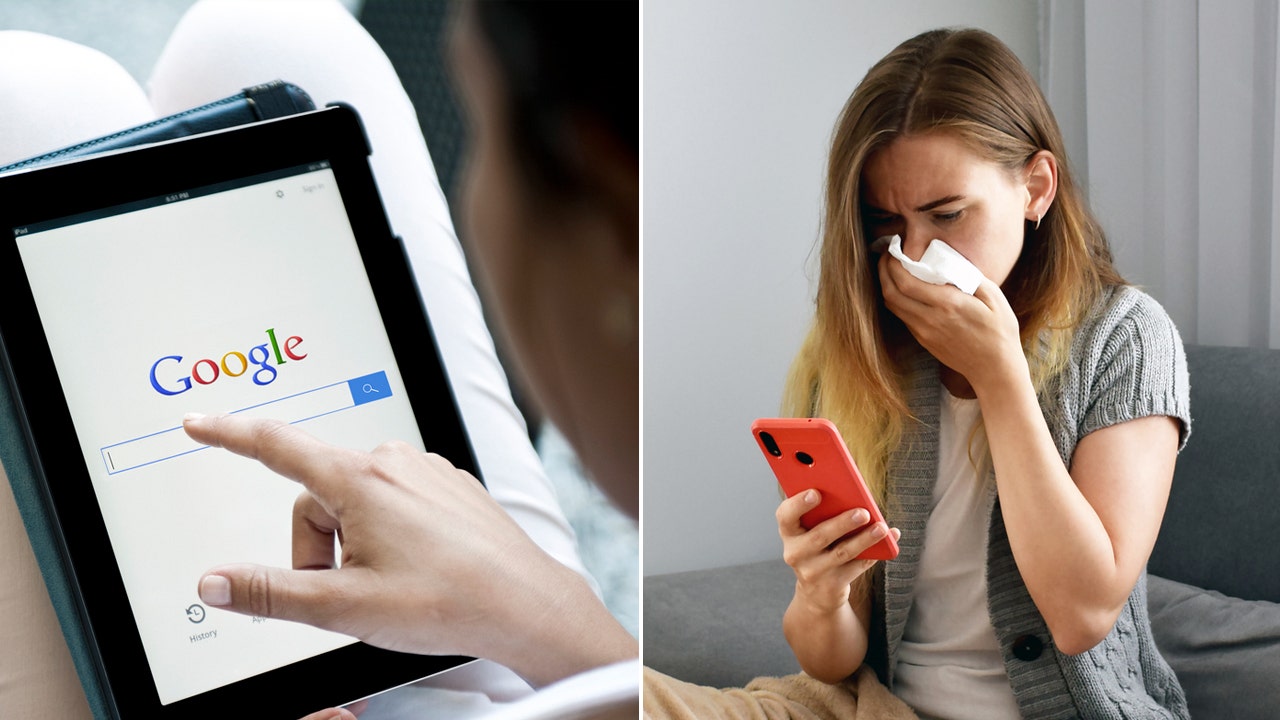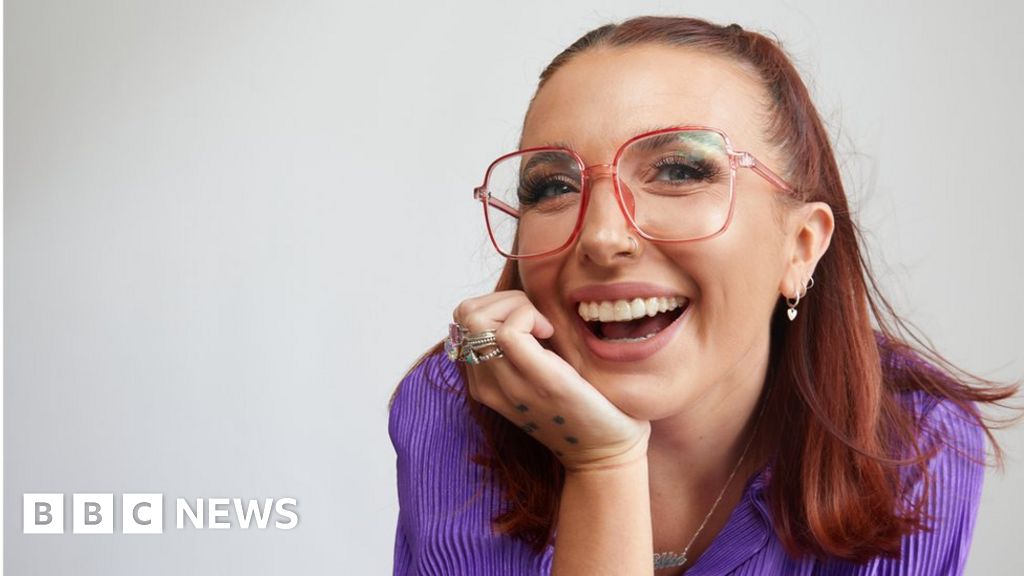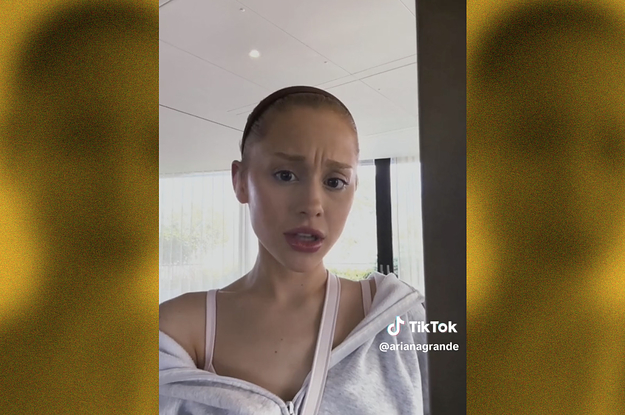Covid inquiry: What is it investigating and how does it work?
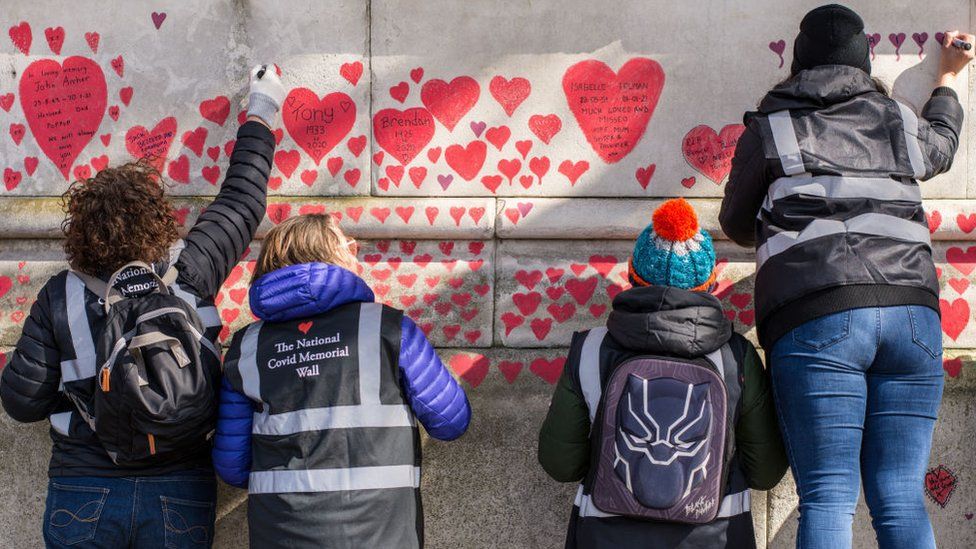
Prime Minister Rishi Sunak robustly defended the Eat Out to Help Out Scheme he implemented as chancellor during the pandemic in his evidence to the Covid inquiry.
Earlier, former Prime Minister Boris Johnson admitted he had underestimated the scale and the challenge of coronavirus.
The inquiry’s second round of public hearings focused on the government’s response and how ministers made decisions.
What is a public inquiry?
Public inquiries respond to “public concern” about events. Established and funded by government, they are led by an independent chair.
Inquiries can demand evidence and compel witnesses to attend.
No-one is found guilty or innocent, but conclusions are published. The government is not obliged to accept any recommendations.
At the time, he said the government’s response would be “under the microscope”.
Who is leading the Covid inquiry and how does it work?
The Covid inquiry began on 28 June 2022.
Baroness Hallett promised the inquiry would be “thorough and fair”
- resilience and preparedness
- core UK decision-making and political governance
- the impact of Covid on healthcare systems
- vaccines, therapeutics and antiviral treatment
Future strands will consider:
- the care sector
- government procurement and PPE
- test-and-trace
- the government’s businesses and financial responses
- health inequalities
- education, children and young people
- other public services
There is no specific timescale for how long the inquiry will last.
What happened during the second round of public hearings?
What did Mr Sunak say to the inquiry?
Rishi Sunak served food at Wagamama as part of a promotional event for Eat Out to Help Out
He also rejected earlier evidence from the government’s chief medical officer, Prof Sir Chris Whitty, and former chief scientific adviser Sir Patrick Vallance that they were not consulted about the policy.
What did Boris Johnson say to the inquiry?
The inquiry had already heard from government officials and advisers, academic experts and representatives of bereaved families, many of whom were extremely critical of how Mr Johnson and senior ministers made decisions.
His comments were interrupted by protesters, who were ordered to leave the room. Some members of bereaved families held up signs reading: “The dead can’t hear your apologies.”
Barnard Castle, ICU and heckling: Johnson grilled at Covid inquiry
Mr Johnson admitted mistakes were made, and that “there were unquestionably things we should have done differently”. He said he took “personal responsibility for all decisions made”, but insisted that ministers had done their “level best” in difficult circumstances.
Who else gave evidence during the second round of hearings?
Mr Johnson, Sir Chris and Sir Patrick talked to journalists at Downing St during the pandemic
Dominic Cummings was highly critical of former MP Boris Johnson’s approach
He said he regretted the disastrous handling of his infamous trip to Barnard Castle during the first lockdown, but denied his actions had damaged public trust.
Who gave evidence during the first public hearings?
The first public hearings, linked to the UK’s resilience and preparedness, took evidence from 69 independent experts and former and current government officials and ministers.
Prof Dame Sally Davies tells the Covid inquiry that “it wasn’t just the deaths, it was the way they died”.
Sir Chris, his predecessor Prof Dame Sally Davies, and Sir Patrick also gave evidence during the first hearings.
When will the inquiry publish conclusions?
A report based on the second round of hearings is also due in 2024.
How can the public get involved?
Related Internet Links
The BBC is not responsible for the content of external sites.

